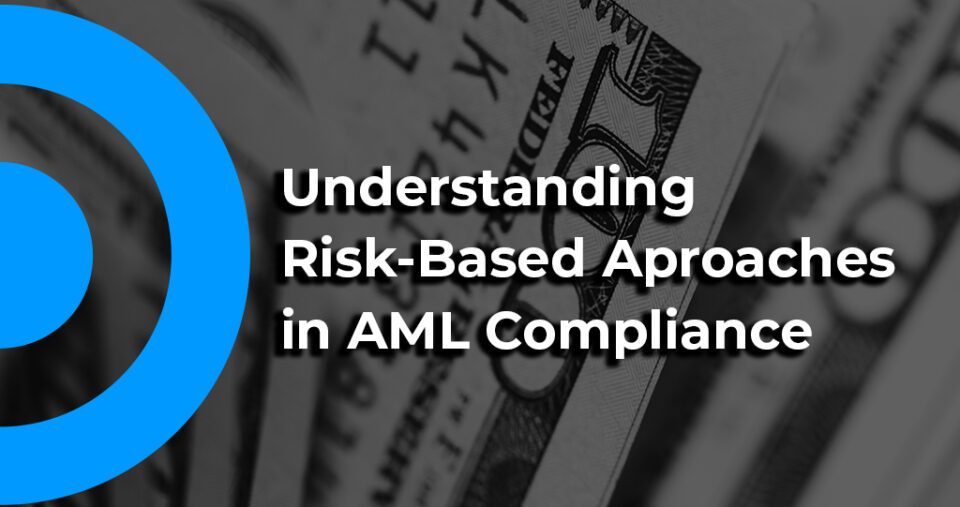
How could the rise of blockchain technologies transform the finance industry?
May 29, 2021
How can Quantum Computing Impact the Fintech Business
February 15, 2022In the UK, a company can apply to become an authorized payment institution(API) or a small payment institution(SPI), SPI vs. API, through the Financial Conduct Authority. It is important to understand the differences between them as this can have an impact on business strategy and success.
Once authorized as an API, a company can provide payment services across all EEA(European Economic Area) countries. The requirements for initial capital range from EUR 20,000 to 125,000, according to the planned payment activity.
For an API license, in addition to the initial capital, some of the requirements are for a company to:
- Have a physical office in the UK or in the European country of application.
- Recruit employees in the UK or in the European country of application.
- Buy or build IT systems to show they have adequate systems and controls in place.
- Form a company in the UK.
For an SPI license, a company:
- May only offer payment services in the UK and not across the EEA
- Is not required to meet an initial capital requirement required for an API
The other requirements for SPI are the same as those listed in the bullet points for the API license, apart from the required number of people based in the UK being smaller. As it is possible to ‘upgrade’ from an SPI to an API license, an SPI license can be beneficial when looking to reduce initial risks and costs.
Choosing an SPI vs. API license depends on a company’s strategy for development. Accessing specialist advice can help to ensure that the license application is effective and timely.
At PayCompliance, we have 18 years experience of supporting the success of payment institutions across 65 countries. Our comprehensive product range includes consulting, financial auditing, and licensing services. For more information, go to PayCompliance



